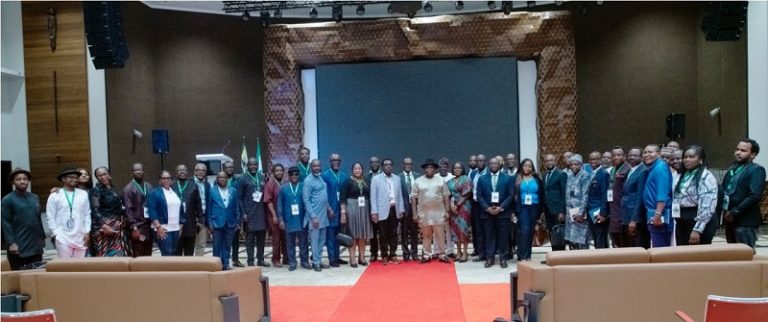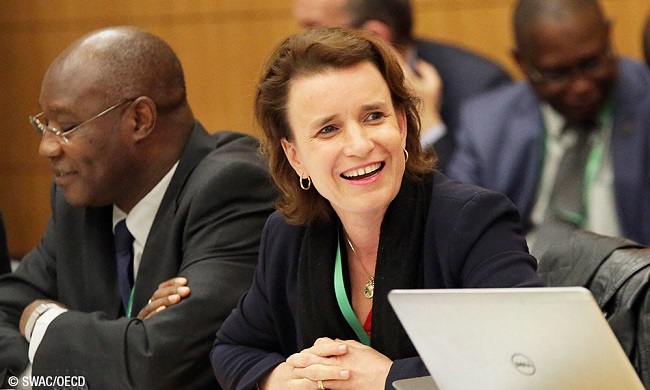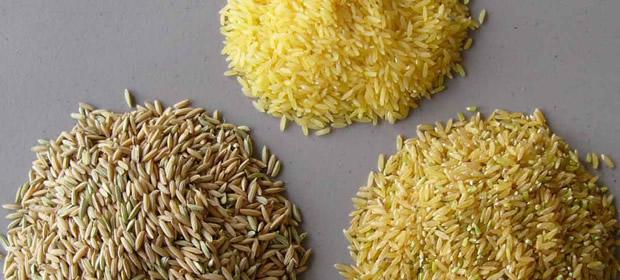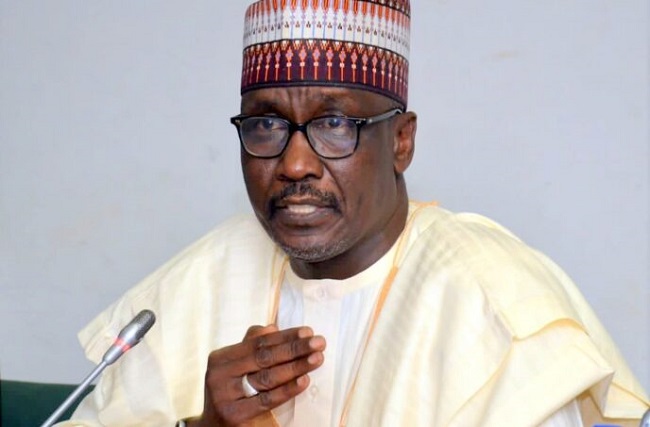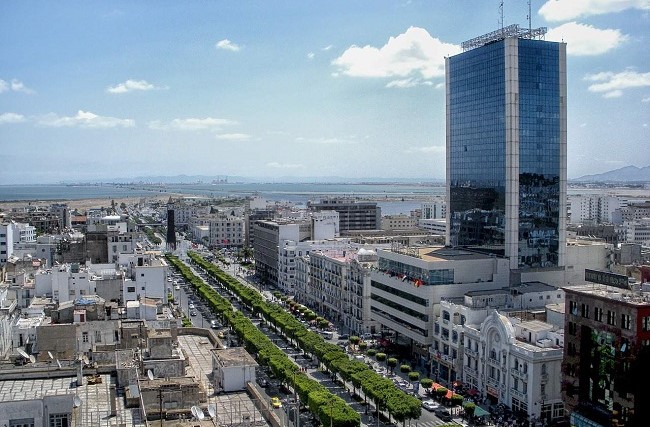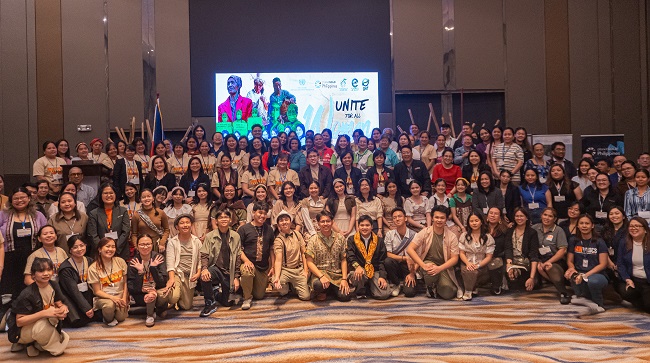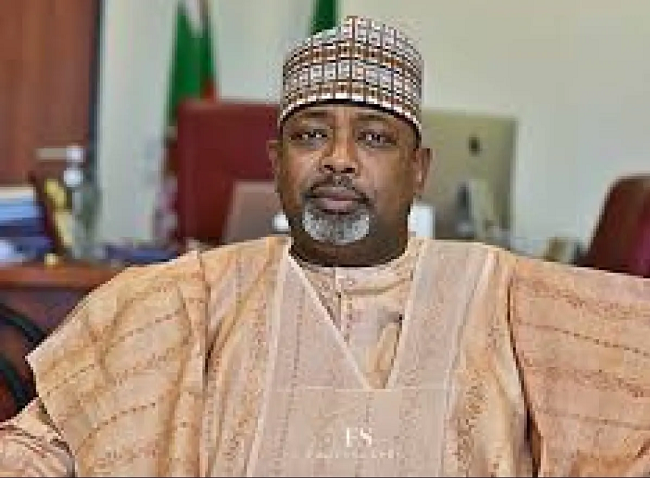The Nigerian Content Development and Monitoring Board (NCDMB) on Thursday, March 6, 2025, achieved a much-needed consensus among critical oil and gas industry stakeholders and manufacturers to ramp up in-country production and utilisation of line pipes in oil and gas operations, as part of the strategy deepen local content, and conserve foreign exchange and create jobs.
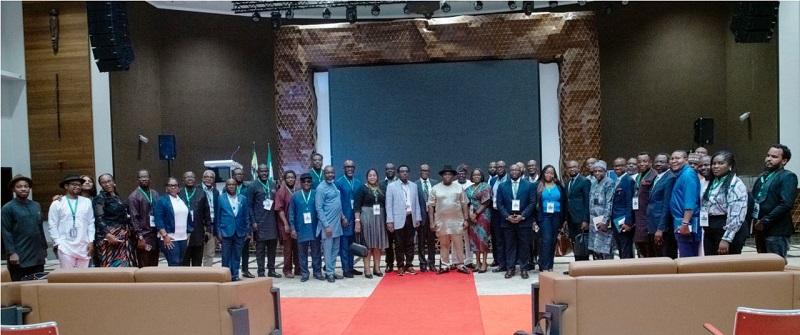
The Oil Producers Trade Section (OPTS), comprising all international oil companies, and their indigenous counterparts under the aegis of the Independent Petroleum Producers Group (IPPG), met with the leading pipe manufacturing companies and pipe coaters as well as the NNPC Upstream Investment Management Services (NUIMS) at the instance of the NCDMB to take stock of progress made since 2011.
In opening remarks at the one-day “Stakeholders Workshop on Manufacturing of Line Pipes in Nigeria: Processes, Challenges, and Opportunities,” which held at the Nigerian Content Tower (NCT), Yenagoa, Bayelsa State, the Executive Secretary of the NCDMB, Felix Omatsola Ogbe, described line pipes as “a major driver in oil and gas industry operations,” adding, “without line pipes you cannot evacuate products.”
He said the Nigerian Oil and Gas Industry Content Development (NOGICD) Act, 2010, envisages 100 per cent in-country manufacture of line pipes (seamless and welded pipes) and that the Board, in conjunction with the OPTS, had agreed on an initiative in 2011 to work towards attainment of that target.
The NCDMB boss noted that a lot still has to be done and that status reports of projects on line pipes would have to be presented and discussed at the workshop so as to determine appropriate measures by all stakeholders to intensify efforts to overcome teething problems if any.
Ogbe, represented by the Director of Monitoring and Evaluation, Alhaji Abdulmalik Halilu, disclosed that, in realisation of the potential of in-country manufacture of line pipes for retention of significant revenue and job creation, the Board had introduced different policies and remains determined to work with industry players for meaningful progress.
In setting the tone for the workshop presentations and deliberations, he posed six questions to which he sought answers from the participants: Should we continue to focus on making line pipes in Nigeria? Where are we on the ‘Made in Nigeria’ line pipes projects? Are there still opportunities for Made-in-Nigeria line pipes? What should be the main considerations for ‘Made-in-Nigeria’ line pipes (infrastructure imperatives, investment incentives, etc.)? Who should invest and who are the buyers? What policies would drive the delivery of ‘Made-in-Nigeria’ line pipes?
In his own remarks, the Director, Capacity Building, NCDMB, Dr. Ama Ikuru, explained that the Board and the entire oil and gas industry are focused on Made-in-Nigeria line pipes, because it is “the key to Nigeria’s industrial development and a critical requirement of the NOGICD Act, 2010, and the Presidential Executive Order on Local Content.”
He noted that Made-in-Nigeria line pipes are a “reputation driver for the NOGICD Act” and are “central to the attainment of the 70 per cent objective of NCDMB’s (Nigerian Content) 10-Year Strategic Road Map.” In addition, the initiative would reduce costs and eliminate mark-up by middlemen.
Dr. Ikuru pointed out that there are major oil discoveries across Africa as well as opportunities in Nigeria and other parts of the continent, supported by the African Continental Free Trade Area (AfCFTA). Line pipe opportunities in Africa highlighted include the Trans-Saharan Gas Pipeline, African Renaissance Pipeline and Transmed Gas Pipeline.
On interventions by the NCDMB toward establishment of pipe mills in the country, he said the Board, among other things, introduced the Equipment Component Manufacturing Initiative (ECMI) and issued guidelines on it, which “birthed issuance of the Nigerian Content Equipment Certificate (NCEC).”
The NCEC scheme of the Board is designed to promote and enforce the utilisation of locally manufactured goods, services, and equipment in the oil and gas industry.
Before presentations by key manufacturers of line pipes, representatives of the leading IOCs and Independents, all industry holders in attendance had to state their individual responses and viewpoints regarding the six posers earlier raised by the NCDMB Executive Secretary.
In unison, all declared that Nigeria should continue to focus on making line pipes in-country to meet the target of 100 per cent. Key manufacturers then proceeded to explain where they are in their respective projects, highlighting status reports as well as challenges (in some cases), and what should be main considerations.
The Managing Director, Brentex Petroleum Services Limited, Mr. Chidi Nzerem, disclosed that his company has made appreciable progress in developing an LSAW Line Pipe Mill in Calabar, Cross River State, but has faced difficulties in securing long-term funding from the banks after investing over $64 million. To take the project to completion stage, an additional $176 million would be required.
He pointed out that “Nigeria sits on oil and gas and there must be commitment to manufacture line pipes” to eliminate capital flight through importation of pipes. He assured stakeholders that “within the next 36 months, line pipes will start rolling out from the mill if the required funds become available.”
For another industry player, Frigate Pipe and Tubulars Limited, whose seamless pipe mill plant has progressed without hiccups, status report was that the bulk of the manufacturing line has been acquired and that installation of the facility would be completed within the next 24 months.
The Chief Financial Officer of the company, Mr. Bankole Olugbile, said industry demand for seamless line pipes in Nigeria is 120,000 metric tonnes per annum, which could be easily met, but he pointed out that “projects like this require long-term cheap funding.” He called for incentives, such as pioneer status, among others, from government.
From Yulong Steel Pipes Limited, a pioneer in the industry that had suspended production operations in Nigeria for five years after supply of 2,000 metric tonnes of line pipes to Dangote Refinery, Lekki, Lagos, was news of its reentry into the country. Its representative declared that the company is looking forward to business from Trans-Saharan Gas Pipeline and Shell Petroleum Development Company’s Bonga North, among others.
Pipe coating companies, including Solewant Group, Monarch Alloy, and Tenaris, also gave their respective status reports and highlighted what they expect from oil and gas industry operators.
International oil companies affirmed that there are opportunities for Made-in-Nigeria line pipes and expressed keenness to do business with manufacturers in the country. Mrs. Chioma Okpoechi, Supply Chain Manager (Production and Logistics) of Shell Petroleum Development Company, provided procurement data on line pipes from her company indicating that $43 million was spent between 2019 and 2014.
According to her, “steadily our operational requirements are growing” and that $115 million is to be spent in the next four years. Mrs. Okpoechi expressed hope that “this should encourage Made-in-Nigeria manufacturers,” although she cautioned that quality and timeliness of delivery cannot be compromised.
Assurances were also received from Exxon Mobil, which urged local manufacturers to strive for cost competitiveness and ensuring that they understand what the oil and gas industry upstream needs. TotalEnergies also gave assurance of support for local manufacture.
Seplat Energy Plc, a leading independent operator from among the indigenous upstream players, represented by its Nigerian Content Development Manager, Mr. Simeon Ogari, declared: “We are 100 per cent in support of Made-in-Nigeria line pipes,” stating that the company is “a product of local content.”
Another leading indigenous oil company, First Exploration & Production (First E&P), represented by its Project Manager, Soyemi Ayodeji, also pledged total support.
In rounding off presentations and deliberations, Dr. Ikuru, reminded participants that responsibilities for advancement of the programme for Made-in-Nigeria line pipes needed to be assigned.
Manufacturers commended NCDMB for its practical role as business enabler, citing a number of the Board’s interventions that have facilitated the emergence of many big indigenous companies, but said the Board could do more by helping to eliminate illegal importation of coated line pipes, particularly by marginal field operators. Also that the Board should play a role in facilitating access of manufacturers to credit facilities from banks.
Dr. Ikuru acknowledged that the suggestions made were appropriate but advised that the manufacturers could employ whistleblowing as a way to bring such illegal importation to the knowledge of the Board and Government. “We’ll follow up,” he assured.
Also contributing, the Director, Project Certification and Authorisation Department (PICAD), of NCDMB, Abayomi Bamidele, said the Customs and Excise Department has a role to play, and that manufacturers and coaters of line pipes could team up and prepare a draft bill, which should be submitted to the National Assembly for a law to bring in the Customs Department to play a role.
The NCDMB and all stakeholders agreed that platforms like the Stakeholders Workshop should hold regularly, and that it would be desirable for similar platforms where financial institutions could participate, given the critical importance of funding.

